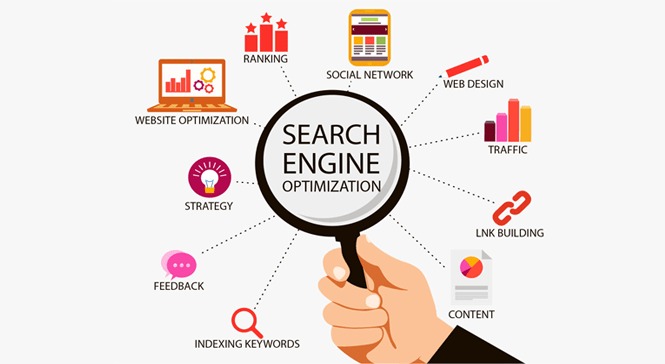In the ever-evolving battlefield of online marketing, two dominant strategies stand out: Search Engine Optimization (SEO) and Paid Advertising (PPC). Both aim to drive traffic and conversions for your website, but they wield vastly different weapons. Let’s discuss SEO vs PPC Ads-

SEO: The Long-Term Investment
Imagine meticulously crafting a beautiful castle, stone by stone. SEO is like that. It’s a long-term investment, focused on optimizing your website and content to rank higher in organic search results. This organic visibility, like a steady stream of visitors through your castle gates, is valuable for several reasons:
Sustainable Traffic: Once you reach a high ranking, organic traffic flows naturally, even after you stop actively optimizing.
Brand Building: High rankings signal credibility and authority, boosting brand trust and recognition.
Cost-Effective: While initial SEO investments can be significant, the long-term return on investment is generally higher than paid advertising.
Targeted Traffic: SEO attracts users actively searching for keywords related to your services, leading to qualified leads.
However, SEO isn’t without its challenges:
Time Commitment: Reaching and maintaining high rankings takes time and consistent effort.
Competition: The online landscape is crowded, and outranking established players requires strategic optimization.
Algorithm Updates: Search engine algorithms change frequently, demanding constant adaptation.

Paid Ads: The Instant Visibility Booster
Think of paid advertising as a powerful trebuchet, launching your message directly onto the battlefield. PPC campaigns involve bidding on keywords and displaying targeted ads on search engine results pages (SERPs) or other platforms. This approach offers several advantages:
Instant Visibility: Ads appear immediately after launching a campaign, reaching a specific audience quickly.
Precise Targeting: Define your ideal customer profile and display ads only to relevant users.
Measurable Results: Track campaign performance in real-time, allowing for quick optimization and adjustments.
Flexibility: Easily adjust budgets, targeting, and ad formats to adapt to changing needs.
However, paid advertising also has drawbacks:
Cost: PPC can be expensive, especially for competitive keywords and high-traffic searches.
Short-Term Dependence: Traffic stops as soon as you stop paying for ads, limiting brand building.
Limited Brand Building: Paid ads primarily focus on conversions, and building long-term trust requires organic presence.
Choosing the Right Weapon: A Strategic Blend
The best approach often lies in a hybrid strategy, leveraging the strengths of both SEO and PPC. Use SEO as your foundation, building a strong organic presence that attracts qualified leads over time. Then, utilize targeted paid ads to:
-Boost visibility for new products or campaigns.
-Drive conversions during peak marketing periods.
-Reach specific audience segments not easily targeted through organic SEO.
Remember:
-SEO is for long-term brand building and sustainable growth.
-PPC is for instant visibility and targeted campaigns.
-A hybrid approach often maximizes your marketing ROI.
That means SEO+PPC is better than SEO vs PPC. By understanding the strengths and weaknesses of both SEO and PPC, you can choose the right weapon for each battle you face in the digital arena. Research, adapt, and strategize – and you’ll emerge victorious, driving traffic, conversions, and brand loyalty for your business.
Contact us today for a free SEO consultation for your business!
